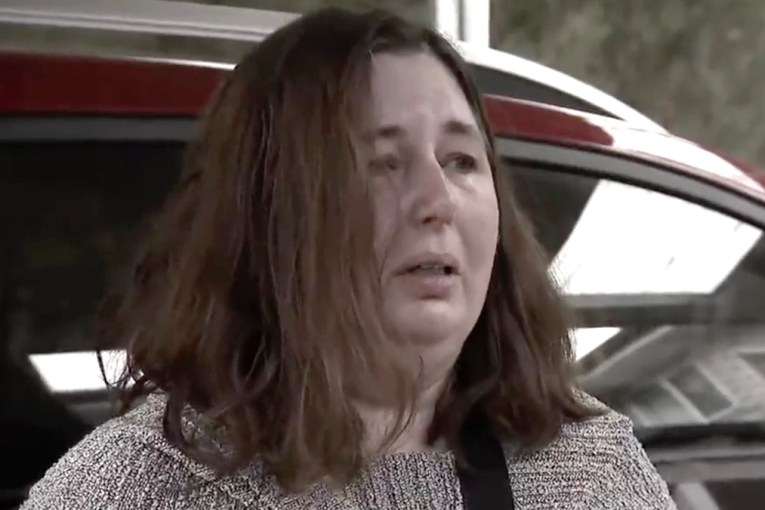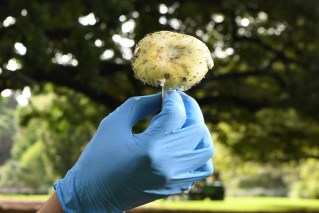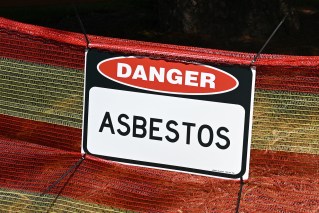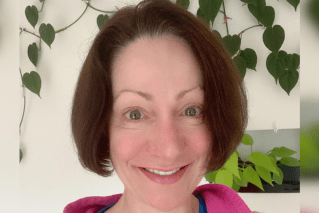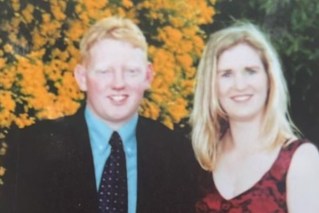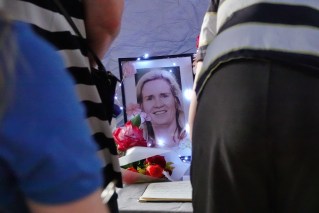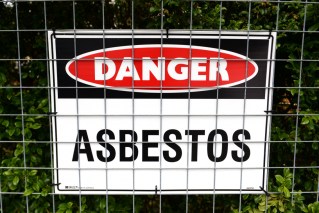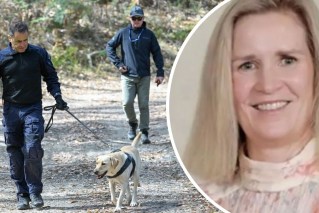Fear and impossible questions after Sri Lanka – but in the wreckage of hatred, love stands strong
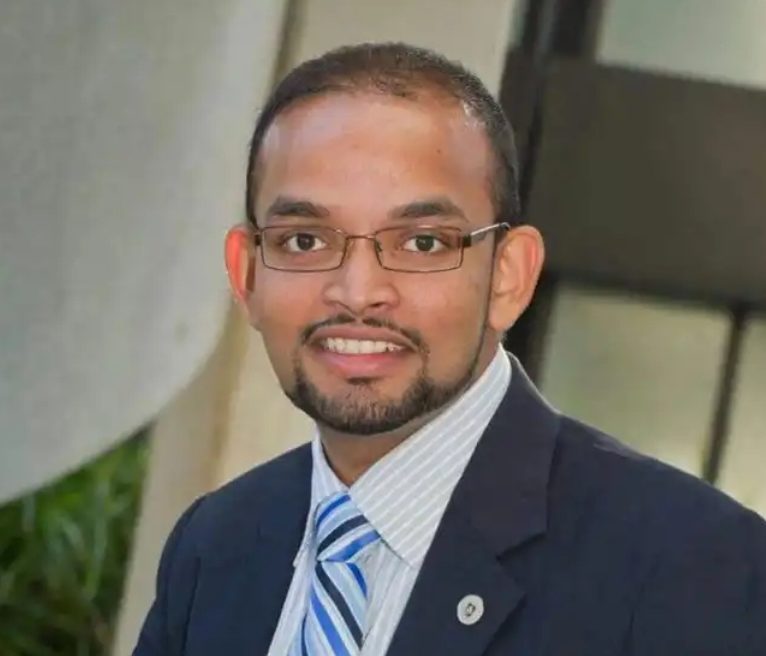
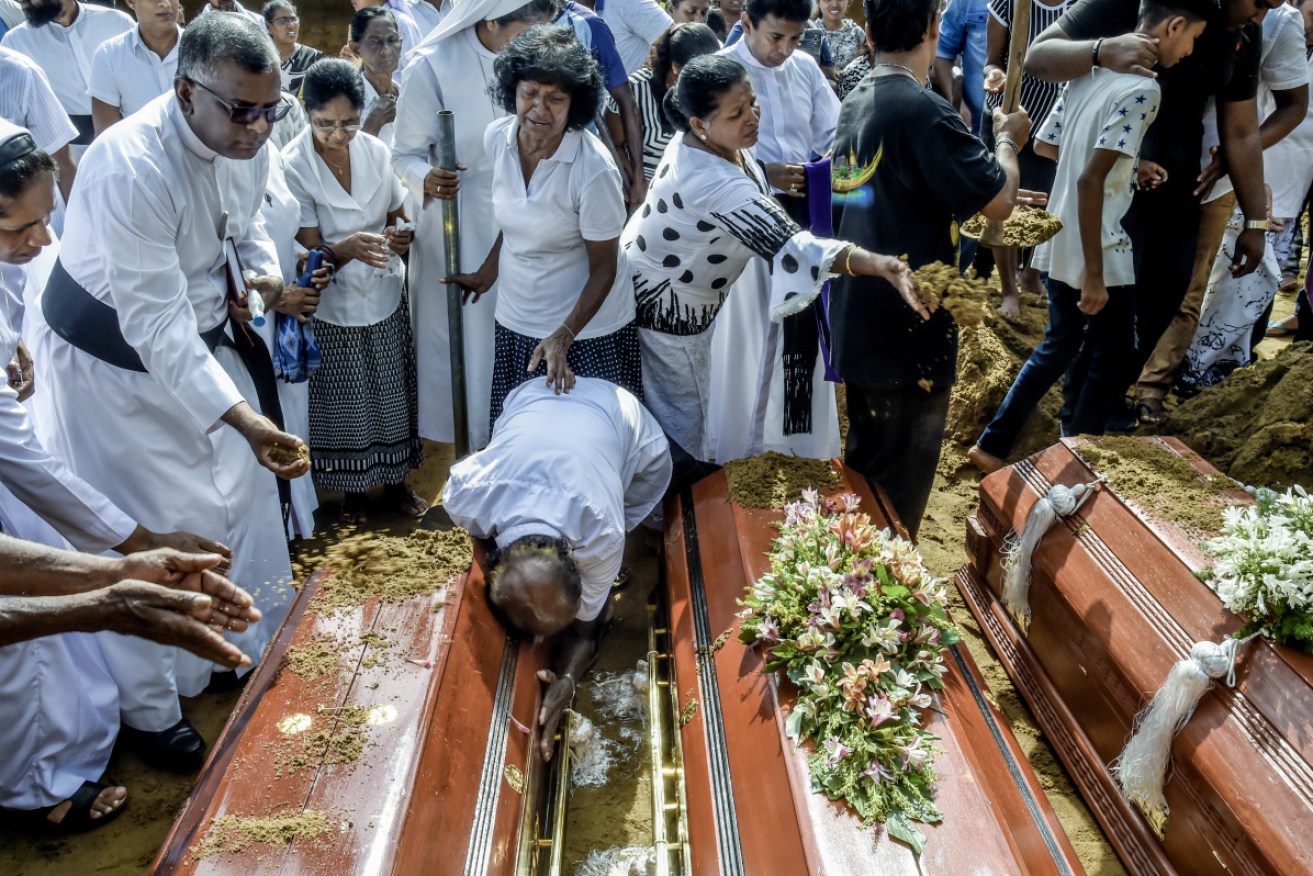
Relatives of the dead offer their prayers during funerals in Katuwapity village in Negombo, Sri Lanka. Photo: Getty
Easter Sunday with my family from Sri Lanka started out as a time of peace and joy. Bells pealed at the end of mass as we made our way out of the cathedral back into the sunshine.
My parents had arrived to spend Easter with me in Australia for the first time, and I was feeling fortunate to have them here to celebrate. We’d find out later just how lucky we were.
First came the WhatsApp messages alluding to explosions in Colombo. Quickly, lunch with our relatives in Melbourne’s east turned into panic and confusion. Then an Al Jazeera report on YouTube confirmed the unimaginable; Our fellow Catholics, and churches we have prayed at, were being blown up.
The Easter greetings to family and friends back home became earnest calls to check in on loved ones.
As is the norm in Sri Lanka, word of mouth via WhatsApp groups were continuously being updated with mixed messages.
Less than an hour after the attacks, graphic images of casualties and the devastation of the local churches popped up on our phones.

Messages were initially sent around the world, but the government soon banned social media sites.
Learning from cousins and relatives that our local church may have been the intended target of the last bomb detonated in Dehiwala, in the south of Colombo, was even more difficult to conceive.
Fortunately, after the initial blasts police had surrounded the church where our friends and family had gathered. At 2pm it detonated just streets away at the small motel, Tropical Inn, instead – avoiding mass casualties.
Soon, social media had been cut as the Sri Lankan government tried to limit the spread of misinformation. We waited anxiously to hear whether people we knew were among the dead or wounded.
We feared for what was to come. Was the violence over or was this the beginning of something even worse? While the social media blackout may have served to curb the rumours and panic, it also cut off a vital avenue of communication and deepened our fear.
We couldn’t understand it then, and we may never grasp why our community was targeted. Four days on, we’re only just starting to understand the full impact. On Wednesday the death toll rose again – every one of those numbers, someone’s loved one or friend.
For those left to pick up the pieces, the mourning is just beginning. Our relatives are dealing with a shortage of basics like bread.
They have been ordered to stay home while the country is in a state of emergency. Rumours and sudden panic at the sightings of vans or packages have become the norm.

A Sri Lankan woman mourns relatives who died in one of the explosions. Photo: Getty
After having grown up till my late teens through part of an almost three-decade-long conflict, and with many of my parents’ generation witnessing and experiencing these acts first hand, there was an immediate connection with those affected and the agonising questions as to “Why us, why these targets, and for what purpose?”
Amidst all this chaos our Australian friends have been surprised by our somewhat calm and thoughtful analysis of the unfolding situation. Yet we are shocked that catastrophic violence had returned after an almost 10-year hiatus.
Learning that authorities had been warned about the imminent threat, the lack of action, has added to a sense of betrayal and concern that there was something bigger, more sinister at work. The sadly all-too-common question asked by Sri Lankans was brought to the forefront: Who can we trust for truth and justice?
While reports of religious extremism emerged, it was hard to comprehend that the level of tensions may have actually been boiling up to this chaotic massacre and why the generally peaceful Catholics of Sri Lanka, who had not entered any direct religious fray with any other faith’s groups, had been targeted.
My parent’s reflecting on how they feel and on going back to their neighbours and the tense situation, shared that “our hearts are with those innocent lives and families”. They said “We would rather be with our community at this time and share this pain and help in some way to rebuild lives together as we have always done – it is home”.
My aunt said: “It is sad that the one place we all gather as a community and would take refuge and that gives us hope, our church – we can’t go there right now”, alluding to the current directive that all churches be closed until further notice due to the inability to guarantee the safety of congregations.
For the youth it may be even more confronting and confusing. They have grown up in a decade of peace, with the freedom of speech and movement. They are fearful of what is going on and what might lie ahead.
“It’s pretty hard to focus and do anything, my mind is in a swirl” my cousin, aged 21, told me.
Dealing with the stories of heartache of families and friends or acquaintances, and the trauma and suffering around them, is overwhelming.
There is also the struggle of rational thinking. My young cousins have friends of all faiths and ethnicities. They want to remain close and harmonious and protecting each other. But they fear what happens when grief turns to anger and hateful voices emerge across the country.
Amidst this doom and gloom, there is a collective sense of compassion and empathy. With all those innocent lives caught up in the massacre, the messages of comfort from the length and breadth of Australia and across the world reassured us of the best of humanity in the worst of times.
As the flaming confusion of those hours gives way to the simmering ashes of who and why, our hope is that the truth is revealed and justice is served, not according to those that intended this chaos, but for those countless souls and their families that have been shattered.
As a Sri Lankan-Australian Catholic, while I work out the most effective means to help my community back home, my earnest prayer and plea is that we may continue to be instruments of peace and sow love rather than hate through our shared grief.
-Sean Jesudason works in project management and is studying a Master’s of Development at the University of Melbourne.
